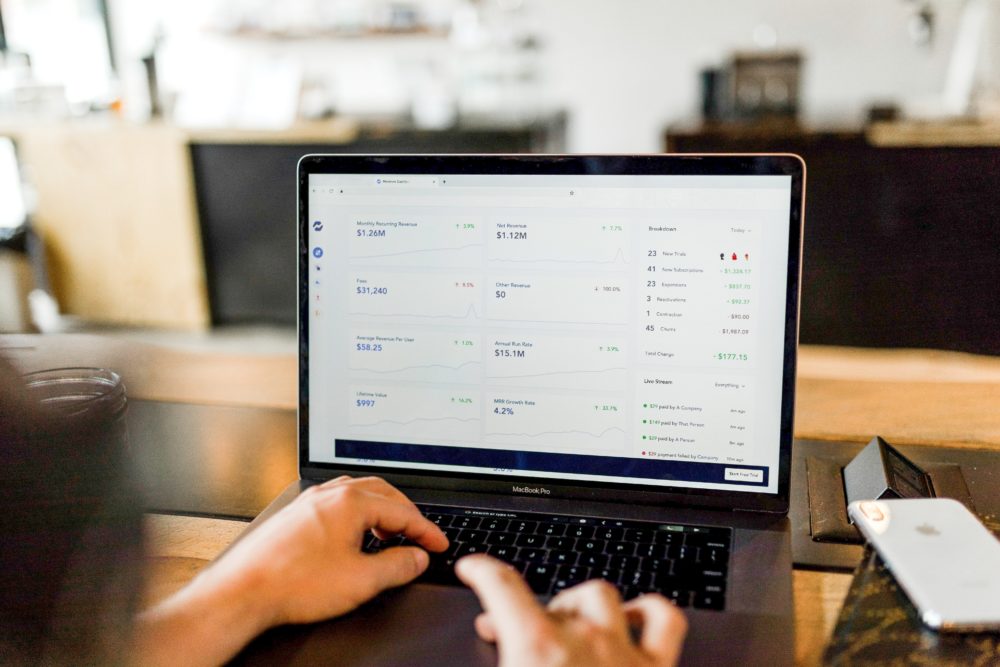Or listen on your favorite podcast app
Apple Podcasts / Google Podcasts / Spotify
—
“The biggest secret going on in Silicon Valley right now is how much people are compensated for their capital allocation skills.” — Chad Grills
As a follow up to last Monday’s episode, Communism, Capitalism and Technology, Chad and Stephanie dive deeper into capital allocation and the importance of capital hoarding, i.e. saving money. Learning how to save money first, before you start to allocate capital in stocks, companies, or individuals is critical to success. But, this is especially hard in today’s culture, where there is a constant temptation for material things we often do not need.
Chad and Stephanie share how they saved money throughout college, their early careers, and when Chad was deployed overseas, and why it’s important to start experimenting with your capital before doing so with someone else’s.
In fact, Chad’s No. 1 takeaway from today’s episode says it all, “ To get good at capital allocation, unfortunately, that means you have to start by practicing acquiring the resources and holding them.”
Lastly, Chad points out that the highest-paid executives in Silicon Valley are always excellent capital allocators. They are the ones who are often able to make investments or hold onto capital by making long term predictions. These are the “meta-skills that matter. And if you are going to push back against a sick culture, then you need to be armed with the best skills and the best philosophies.”
Have you enjoyed these episodes on capital allocation? Give us a shout on Twitter with your thoughts!
Quotes by Chad:
4:28 – “If I think about the first couple opportunities I had to save money, I’m very grateful that I embraced those.”
5:34 – “It was throughout that time, and it was through the isolation and ostracization that I went through because I wasn’t doing what everyone else did, that gave me a precious gift, and that was the gift of being alone.”
6:17 – “When you are experimenting with your own money as opposed to other people’s money, you learn much faster because things are, obviously, much more real. The stakes are higher, your incentives to achieve are higher. It’s difficult, but if you can just sit in that uncertainty and keep going, great things can happen.”
13:02 – “The biggest secret going on in Silicon Valley right now how much people are compensated for their capital allocation skills.”
Mentions:





